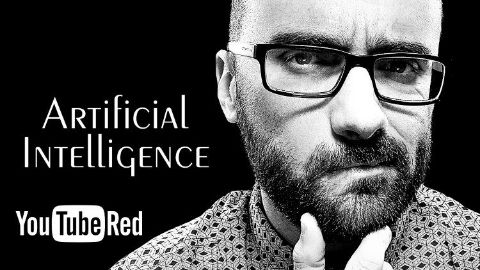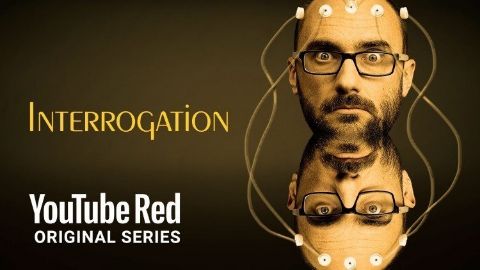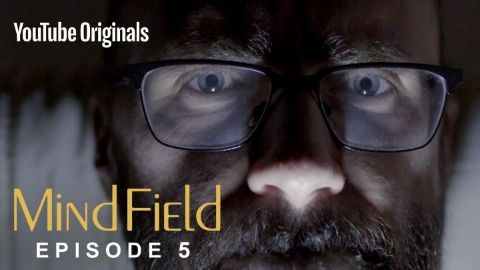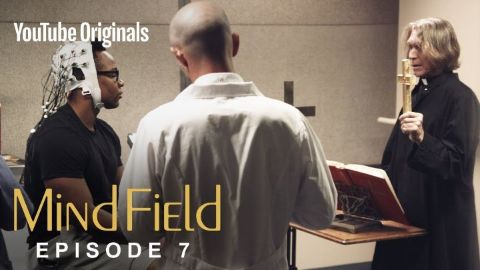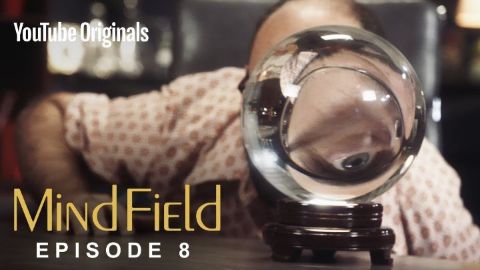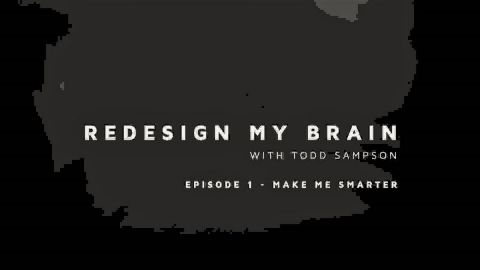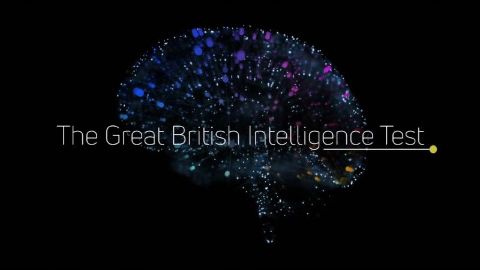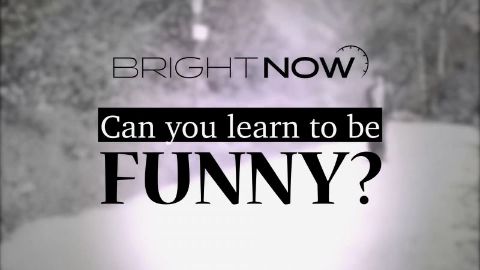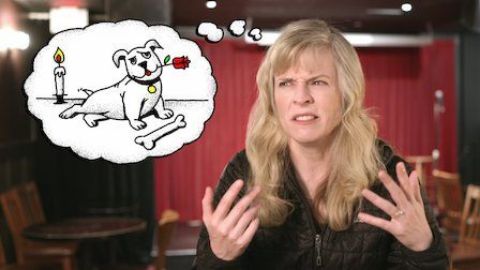The Stilwell Brain • 2018 • episode "S3E3" • Mind Field
There are 100 billion individual neurons in the human brain. Working together, they allow us to make sense of, and move through, the world around us. Scientists have built replicas of the human brain with computers, but no one has ever successfully made a brain out of humans. On this episode, I’ll travel back to my hometown of Stilwell, Kansas, and turn it into a working brain!
Make a donation
Buy a brother a hot coffee? Or a cold beer?
Hope you're finding these documentaries fascinating and eye-opening. It's just me, working hard behind the scenes to bring you this enriching content.
Running and maintaining a website like this takes time and resources. That's why I'm reaching out to you. If you appreciate what I do and would like to support my efforts, would you consider "buying me a coffee"?
Donation addresses
BTC: bc1q8ldskxh4x9qnddhcrgcun8rtvddeldm2a07r2v
ETH: 0x5CCAAA1afc5c5D814129d99277dDb5A979672116
With your donation through , you can show your appreciation and help me keep this project going. Every contribution, no matter how small, makes a significant impact. It goes directly towards covering server costs.


